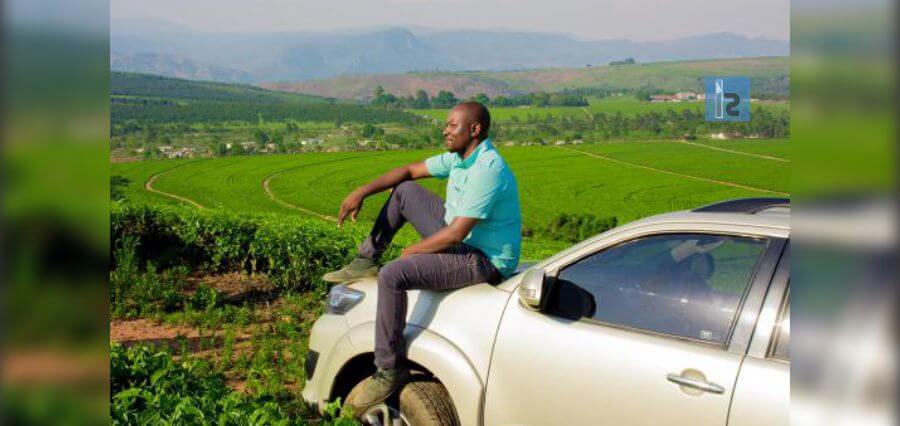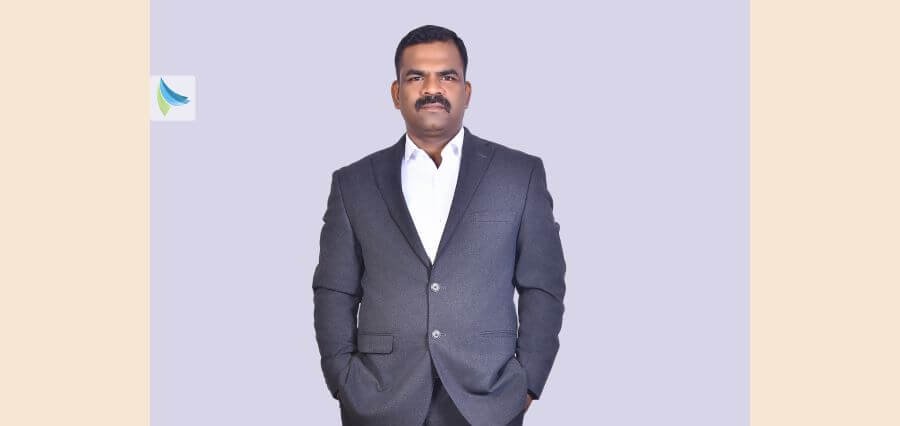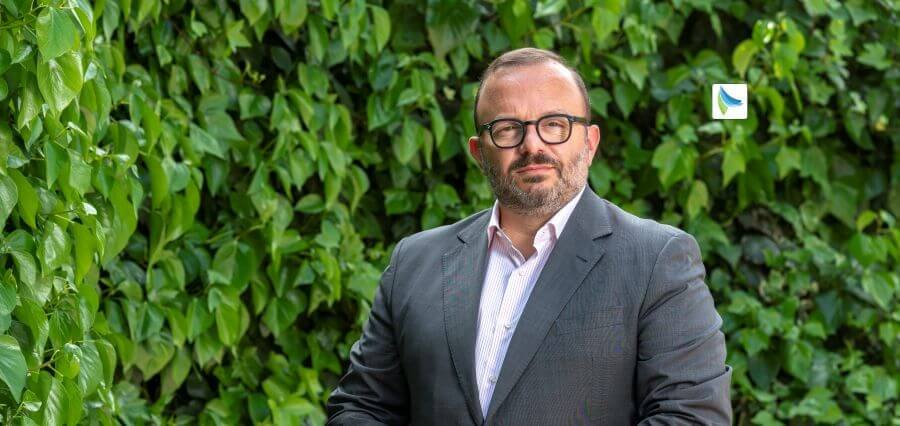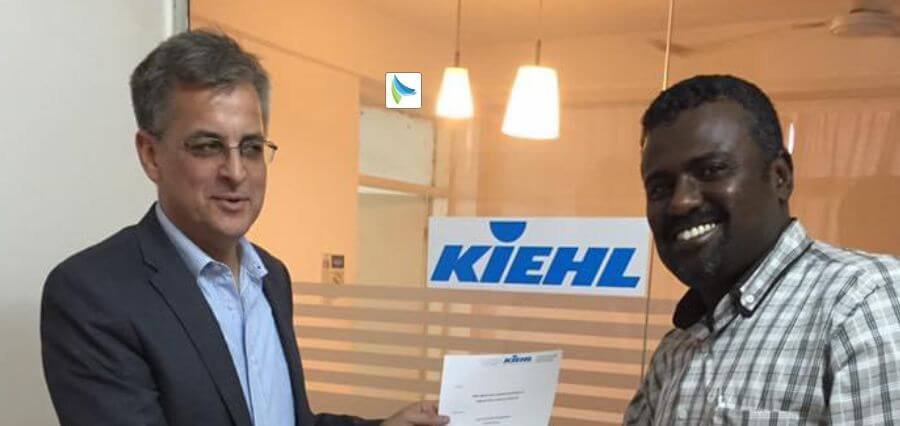Transforming the planet and uplifting humanity!
Living on a lively planet is a blessing, for without it, we’d be unable to sustain life. Plate tectonics thrust land from the depths of the ocean, or else the only thing we’d be able to see would be a fish-filled world. The global climate system and the interaction between the geosphere, atmosphere, hydrosphere, and biosphere drive the crucial cycles–the water cycle, carbon cycle, nitrogen cycle, and phosphorus cycle–upon which survival depends. Without them, the only life you’d find would be near deep ocean thermal vents.
As we call this planet home, we must learn to accept the fact that uncertainty is part of life. From natural disasters to human-caused catastrophes, the possibilities of outcomes are endless. Natural disasters can shake the entire world, while man-made disasters can devastate individual lives through careless actions and lack of knowledge.
While there are certain practices that can be implemented to help resolve issues that can help in the sustainability of the Earth, there are some man-made threatening uncertainties and diseases that cannot be reversed even if the Earth has been sustained. But, if we are proactive and take the necessary measures to ensure that our planet is healthy, we can make a real difference. Additionally, if we continue to strive for good knowledge, we can educate ourselves on how to identify and resolve these issues before they become irreversible.
Life can be full of uncertainties, but for every uncertainty, there are certainties that can aid in the enhancement of the world, and one such case includes Nhlanhla Mlilo, an SIE Coordinator at Bantwana Zimbabwe. They identified the plight of orphans and vulnerable children—neglected by the global community—amidst the AIDS epidemic. Bantwana Zimbabwe works to improve the well-being of vulnerable children and their caregivers and families affected by HIV and AIDS and poverty.
Senior MEAL Officer at GOAL Global, which is an international humanitarian response agency established in Ireland over 40 years ago. It is committed to the highest standards of accountability, transparency, and integrity across the organization.
With an impressive 13+ years of expertise in human rights, food security, health, nutrition, livelihood enhancement, and resilience building, Nhlanhla is now spearheading a UNICEF and Department of Social Development-funded capacity assessment study of the Zimbabwe Child Protection system to inform the formulation of a new National Action Plan for OVC.
Let’s explore the amazing ways Mlilo is transforming the world for the better!
Kindly tell us the source of inspiration. What led you to serve the existing humanitarian crisis and support the vulnerable?
My dream was to become an industrial psychologist, but life had other plans. In my youthful years, I began to be conscious of social injustices all around me. I sought advice from my mentor, a former High Court of Zimbabwe judge; he introduced me to the policy as the cornerstone of economic, social, and human capital development. I was fortunate enough to do my work-related attachments with one of the few think tanks in Zimbabwe (the Community Foundation for the Western Region of Zimbabwe), and my experiences with them opened my eyes to the work I can do to change people’s lives and in the same stroke influence policy through evidence-based engagements.
Brief us about yourself and shed some light on your journey as an SIE Coordinator at Bantwana, Zimbabwe? How has your office as Senior MEAL Officer at GOAL Global helped in your growth in the industry?
Nhlanhla Mlilo is a passionate development worker with a specialty in MEAL. Over the years, I have not only grown passionate about data for development but also about mentoring institutions and upcoming MEAL enthusiasts. I believe data, if well managed, analyzed, and sensed, has the potential to contribute towards solving the bulk of humanity’s problems.
Over the years, working in various portfolios within the MEAL sector, I have consolidated my expertise in the industry across various programming thematic areas that include human rights, WASH, livelihoods and food security, health, and disaster risk reduction and management. Working with GOAL Zimbabwe widened my scope in both MEAL technical and policy engagements. In the portfolio, I led institution-wide reporting, evaluations, and MEAL staff technical support and supervision. Furthermore, I contributed to country-level MEAL strategies and policies in collaboration with GOAL Global. In Bantwana, Zimbabwe, apart from reporting, I have to date been more consumed by evaluative research work aimed at informing the next phase of child protection policy advisory as the country transitions from NAP for OVC III to the next phase.
Tell us about how communities in Zimbabwe are affected by the existing food scarcity and humanitarian crisis in relation to their physical, social, and psychological health?
Zimbabwe, formerly known as the bread basket of Africa, has, over the years, been reduced to a basket case. The hyperinflationary environment, poor employment opportunities, dual currency regime, erratic food commodity prices, agricultural input shortages, and/or high prices coupled with erratic weather patterns have all conspired to negatively affect the country’s food security situation. Over the years, the country has seen urban poverty take center stage largely due to a poor economic outlook coupled with the effects brought about by the just-ended COVID-19-induced lockdowns.
The above-mentioned challenges have led to a rise in the adoption of negative coping strategies, particularly in poor urban areas. School dropouts, child marriages, child labor, illegal migration, criminal activity, and drug and substance abuse have been on the increase. Compromised access to health services has exacerbated the situation in poor communities.
What areas, in your opinion, is the Zimbabwe health system currently struggling with to meet the needs of the vulnerable population?
The country’s health system is currently struggling to ensure an adequate supply of basic medications across public health facilities. In most instances, patients have to purchase basic medication at exorbitant prices from private players in the industry. Access to specialized services has continued to be a huge challenge, i.e., and there is only one dialysis machine in Mpilo Hospital in Bulawayo, which serves three provinces.
In what way are you able to resolve these challenges through Bantwana Zimbabwe?
As previously highlighted, my work with Bantwana has been largely at a policy level. I believe the policy analysis and recommendations we are putting forward based on field-level evidence and best practices from the regional and international community will contribute towards the resolution of most challenges.
What endeavors are you currently pursuing to improve your service to the vulnerable population in Zimbabwe?
My work is currently focused on informing strategy reviews and re-design approaches that ensure improved service delivery. The aim is to move away from approaches that have been or are currently being used but are not bearing fruit.
What are some of the challenges you face when conducting projects, and how do you turn them into opportunities for growth?
Two key challenges affect our work currently: going into an election year, operational space and access to information are restricted, and hence programming becomes challenging. Secondly, brain drain and motivation among the remaining staff are very low in government institutions. These factors have contributed to the poor uptake and execution of recommendations. The brain drain has also robbed various institutions of the best brains for various key tasks.
What advice would you like to give to budding entrepreneurs and enthusiasts who desire to resolve the humanitarian crises of Zimbabwe and improve the Zimbabwe Health System?
Invest in management information systems and technologies; these will be the backbone of future system strengthening and growth. The majority of humanitarian crises affecting Zimbabwe and the SADC region have been largely climatic in nature. These have to date, had devastating effects due to poor predictive capacity and, hence, limited planning for responses. Such pioneering initiatives as the Sendai framework will be more effective as the technology will allow communities to forecast disasters more accurately, enhancing disaster preparedness and resilience.
How do you envision scaling your services and operations in 2023 and beyond?
In my current portfolio, I am working towards influencing the future of child protection. My work is influencing both policy and system reform in child protection in Zimbabwe.
Apart from influencing the Zimbabwe Child Protection Policy and pushing boundaries in the field of M&E, I am contributing towards the development of an indigenous foundation and think tank. Blackforest seeks to end poverty in this lifetime through empowering and capacitating the peoples of Zimbabwe in particular and those of SADC in general to embrace and pursue socio-economic self-determination in sustainable development. To live up to the goal, the BLACKFOREST envisions adopting strategies for ending poverty that is not donor-dependent, leveraging local economies, and influencing the nation’s development agenda.



















